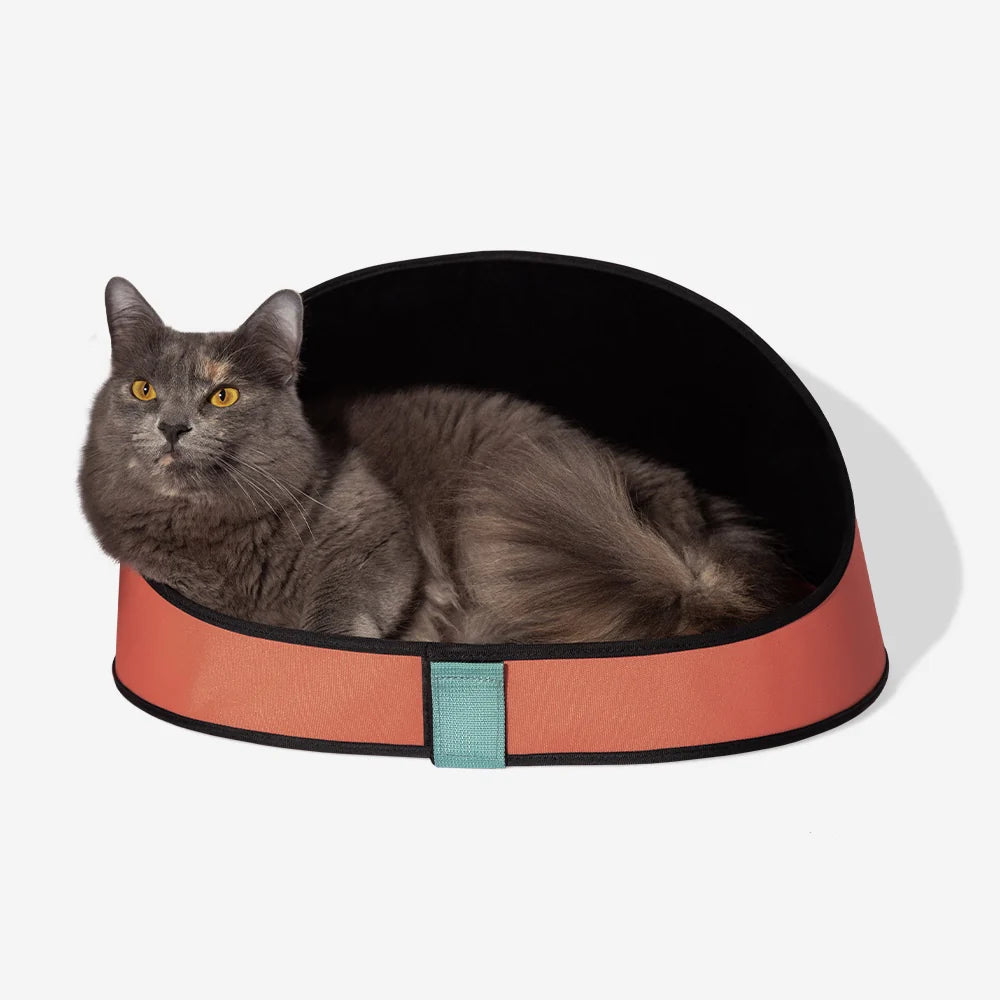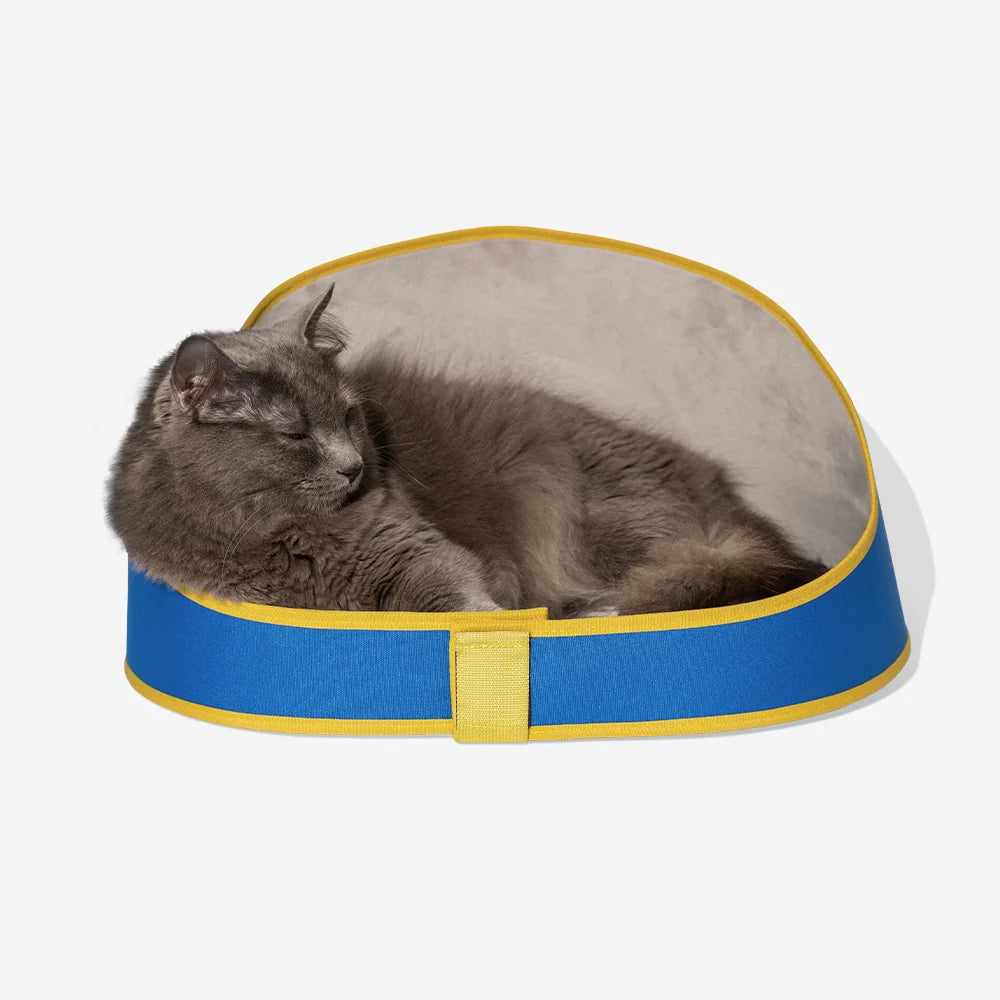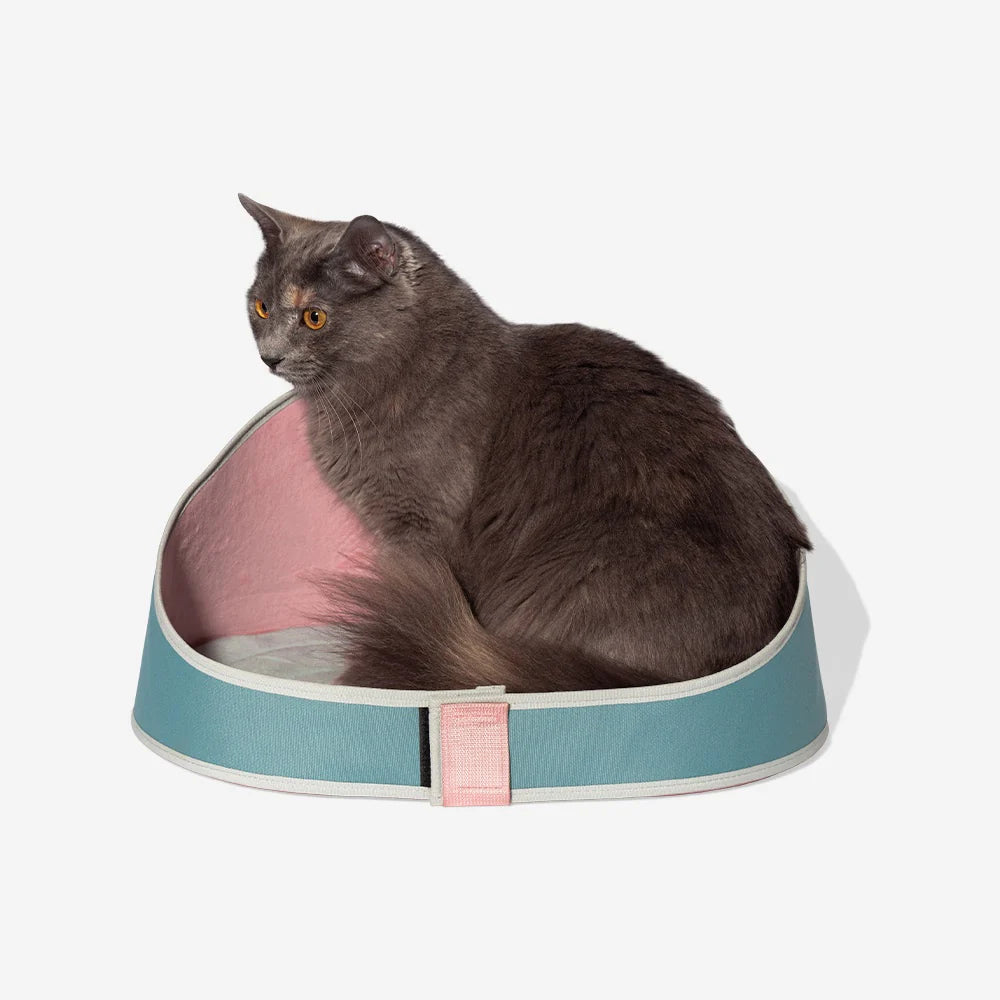One of the most common signs of separation anxiety in cats is excessive vocalization. This can include meowing, yowling, or even howling when the owner is not present. Cats with separation anxiety may also engage in destructive behavior, such as scratching furniture or doors, or urinating outside of the litter box. These behaviors can be frustrating for owners, but it is important to understand that they are a result of the cat's anxiety and not intentional misbehavior.
If you suspect that your cat may have separation anxiety, it is important to consult with a veterinarian. They can rule out any underlying medical conditions and provide guidance on how to manage the condition. With proper treatment and management, cats with separation anxiety can lead happy and healthy lives.
Understanding Cat Separation Anxiety
Cats are known to be independent animals, but they can still experience separation anxiety. This condition is characterized by excessive meowing, destructive behavior, and urinating or defecating outside the litter box when left alone. Understanding the signs and causes of anxiety in cats can help pet owners provide the appropriate care for their feline friends.
Signs and Symptoms
The signs of separation anxiety in cats can vary from one pet to another. Some common symptoms include:
- Excessive meowing or vocalization
- Destructive behavior, such as scratching furniture or chewing on objects
- Urinating or defecating outside the litter box
- Refusal to eat or drink
- Hiding or avoiding interaction with people
Pet owners should observe their cat's behavior when they are about to leave or when they return home. If the cat displays any of these symptoms, it may be suffering from separation anxiety.
Causes of Anxiety in Cats
There are several factors that can contribute to separation anxiety in cats. Some of the most common causes include:
- Change in routine or environment
- Lack of socialization or interaction with humans or other pets
- Traumatic experiences, such as abandonment or abuse
- Medical conditions, such as hyperthyroidism or urinary tract infections
It is important for pet owners to identify the cause of their cat's anxiety to provide the appropriate treatment. This may involve changing the cat's routine or environment, increasing socialization and interaction, or seeking medical attention.
Overall, separation anxiety in cats can be a challenging condition for pet owners to manage. By understanding the signs and causes of anxiety in cats, pet owners can provide the appropriate care and support for their feline friends.
Managing and Treating Separation Anxiety
Creating a Comforting Environment
One of the first steps in managing separation anxiety in cats is to create a comforting environment. This can include providing a comfortable bed or hiding spot for the cat, as well as leaving familiar items such as toys or blankets that have the owner's scent. Additionally, leaving a radio or TV on can provide background noise that can help soothe the cat.
Behavioral Training and Techniques
Behavioral training and techniques can also be effective in managing separation anxiety in cats. This can include gradually increasing the amount of time the cat is left alone, as well as rewarding calm behavior when the owner returns. Providing interactive toys and puzzles can also help keep the cat occupied and distracted while the owner is away.
Professional Help and Medical Treatment
In severe cases, professional help and medical treatment may be necessary to manage separation anxiety in cats. A veterinarian can prescribe anti-anxiety medication or recommend a behaviorist who can work with the cat and owner to develop a treatment plan. It is important to consult with a professional before starting any treatment plan, as some medications and techniques may not be appropriate for all cats.








